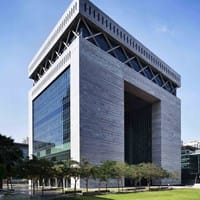
Mainland Dubai
Areas outside the free zones: the Dubai Department of Economy & Tourism (DET) manages registration and licensing of mainland companies. Packages Starts from 1500 AED!

Freezones
Designated areas within Dubai, with benefits including custom duties and tax exemptions. Each zone has its own rules, regulations and authorities. Packages starts from 1500 AED

